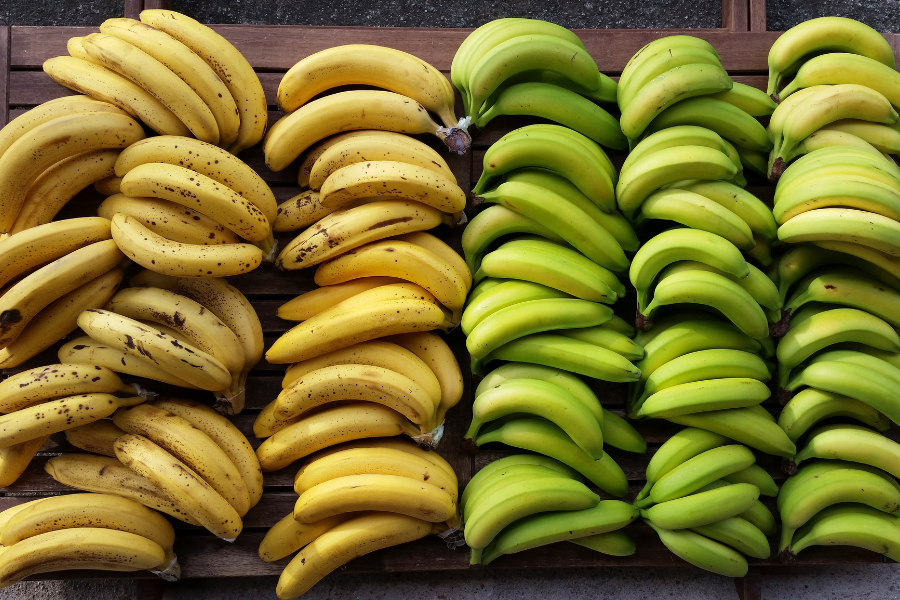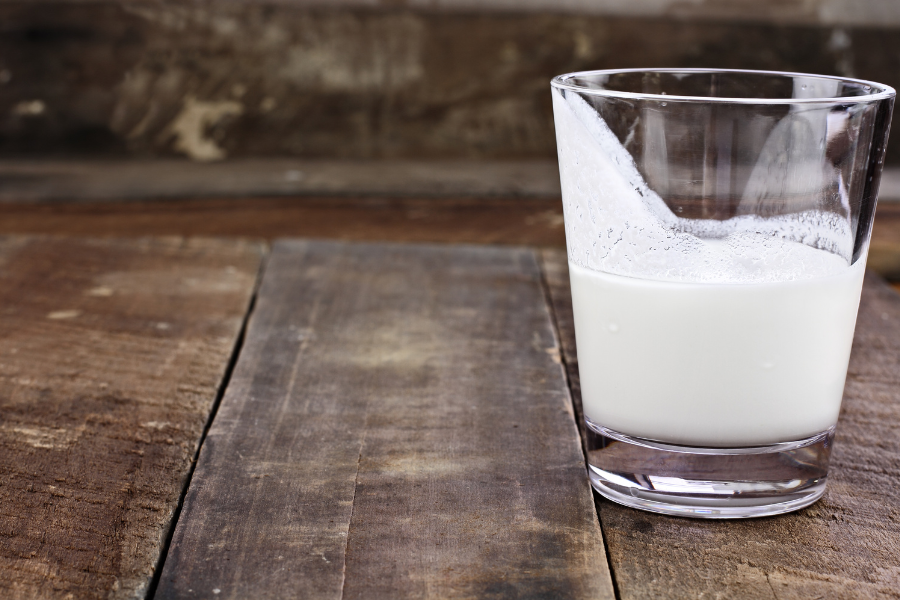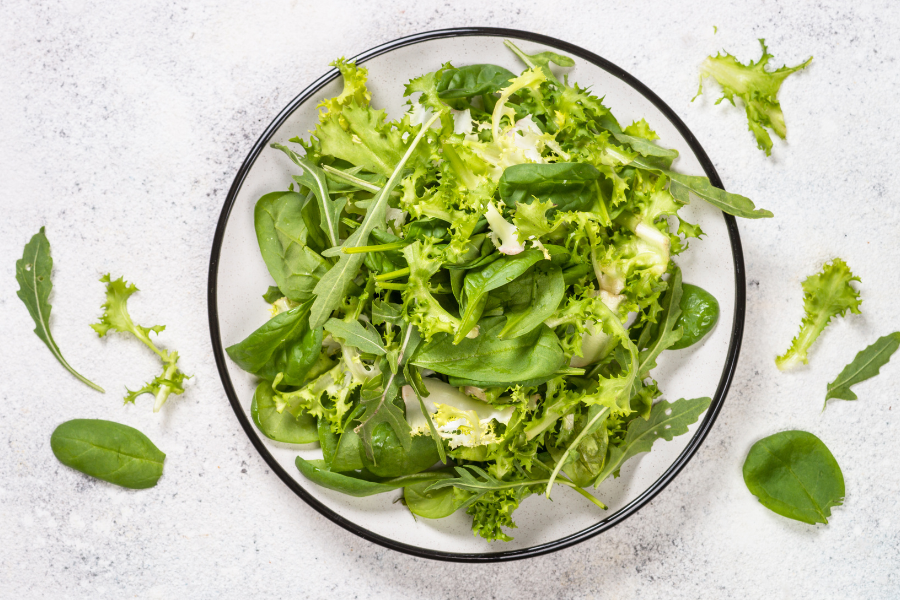Introduction
Ever wonder why your dog will occasionally scoot-dance across your living room carpet or why he has that gurgling tummy after a meal? One of the greatest driving factors to your dog's digestive adventures might actually be the prebiotic action. So if you just found yourself scratching your head and thinking, "Well, what on earth are prebiotics for dogs?"—don't worry, you are in the right place. This is the guide that will explain exactly what prebiotics are, how they're going to change your buddy's gut health, and why they can be found in dog bowls everywhere.
What Are Prebiotics Anyway?
Prebiotics are basically the unsung heroes of the nutritional world. Even though they are not alive like probiotics, they act as fuel for the good bacteria present in your dog's gut. These are fibers that resist digestion in the stomach and small intestines and find their way to the colon, where finally they do their magic.
By adding prebiotics to your dog's diet, you can then ensure a healthier gut system, where better digestion, absorption of nutrients, and even mood are brought about. In this sense, if you think your dog's tail could not get any faster, then just wait until these prebiotics hit. They are like the guardians of your dog's gut flora. They make sure the beneficial bacteria are properly fed and rich in number.
Why Gut Health Matters for Dogs
You might ask yourself, "What's the big deal with gut health?" Well, it sort of is a big deal! And in many ways, much like in people, your dog's gut is related to their general health. It helps stave off a lot of dog health problems, starting from digestive disorders up to an unsound immune response. Your pup's gut, as a matter of fact, is the one command center that rules health and happiness.
Dogs with balanced gut flora have shinier coats, more energy, and have fewer days spent lounging around not feeling too good. The functioning gut will not only help them digest their food better, but it will also affect your pup's immune system, general energy level, and even mood. Just picture your dog bouncing around in gleeful joy, sporting a shiny coat—thanks to prebiotics!
The Magic Behind Doggy Digestion
In order to truly appreciation why prebiotics are effective, an understanding of how your dog's digestive system works is needed. And that is a spectacular process. Think about the path taken when your dog chomps down on that kibble! Food first gets broken down in the stomach, and then further worked on and emulsified by enzymes in the small intestine.
And then, where the real party happens; in the colon. Here is where prebiotics are the life of the party. They are still raw materials, as they have resisted being digested in the stomach and small intestine, and they are now a buffet to the beneficial bacteria in the colon. Those good bacteria then go on to produce short-chain fatty acids that support intestinal health and lower inflammation, so your dog can stay spry and healthy!
How Prebiotics Differ from Probiotics
So you have likely heard 'em - the buzzwords prebiotics and probiotics, which may make you sit and wonder if they are the same thing. Well, we are here to tell you that they 100% are NOT the same thing. Probiotics are the living bacteria (and yeasts) that are good for the digestive system, while prebiotics are non-digestive fibers that feed the bacteria.
Just think of prebiotics as the snacks or refreshments at a party—in that case, the probiotics are the guests. No snacks—pretty poor party. Without the prebiotic, those probiotics will not be proliferating. It is a team powerhouse duo that works together to achieve what's best for your pup's gut flora.
Benefits of Prebiotics for Dogs
We can tell you are dying to hear about the benefits of prebiotics, and boy, do they have loads of them! Prebiotics may help prevent digestive issues (like IBS, diarrhea, and gas) and enhance your dog's immunity. And by improving gut flora and digestion, they can improve energy levels. Just think of your dog feeling perky yet calm on a day that may otherwise be uncomfortable.
Prebiotics support the digestion process so that it runs more efficiently, and your dog really does get the most out of every meal. They may even decrease the stinky factor usually involved with dog flatulence (which is a win for everyone in your household). The stronger the gut, the stronger the immunity to fight off those irritating infections with much ease.
Natural Sources of Prebiotics
You don't always have to look to supplements, especially when it comes to prebiotics for your dogs. There are plenty of foods out there that are packed with natural prebiotics. Foods like asparagus, bananas, oats, and even chicory root are really rich in these helpful fibers. Being able to incorporate them into your pup's diet could be one great way for spicing things up.
It could be something as straightforward as a few slices of banana with their breakfast, or a spoonful of cooked oats with their kibble. Of course, you should do this very slowly to ensure that any new food addition agrees with their tummy!
Common Misconceptions About Prebiotics
To the uninitiated, one can easily fall into some of the myths and misconceptions that sometimes shroud prebiotics. Most people confuse them with probiotics, assuming they mean one and the same thing. This is not true. Others might think that prebiotics will give their dogs digestion problems, when in fact, if introduced properly, they usually do quite the opposite.
Another popular myth is that prebiotics are required only in adult or challenged dogs. Wrong! In reality, all age groups and breeds can benefit tremendously from prebiotics, boosting health and vitality throughout their lives.
Signs Your Dog Could Benefit from Prebiotics
How can ya tell if your dog needs prebiotics, anyway? You just have to take close inventory of their digestive habits: too much loose stool, too much gas, or a lot of bloating are all signs they could benefit from some prebiotic help. Canine companions showing lethargy can also be a sign that they may need a digestive boost.
Remember, every dog is different, and what works for one may cause another dog issues. If your dog appears uncomfortable in any way, then it is time to visit with your vet and have them guide you on the best course of action.
Incorporating Prebiotics into Your Dog's Diet
If you're ready to take the plunge into the world of prebiotics, it is best to do it in stages for your dog. The key is consistency, and over time, you will likely note some positive changes in behavior and look.
You can start by making your dog's mealtimes gut-happier by using some prebiotic foods. Try sprinkling some prebiotic-rich food over their kibble, or you can even feed your pooch some spoonfuls of yogurt with fruits full of prebiotics!
Are Prebiotics Good for Dogs with Diarrhea?
Absolutely. Prebiotics can help your dog recover from diarrhea. A typical cause of diarrhea is that gut flora is off-kilter. These prebiotics you are adding into your dog's diet are fuel for good bacteria, and get things back in balance! These good guys will even things out in your pup's gut and make for firmer stools and a much happier pup. It is like throwing your dog's belly a support party! Just remember: if your dog has chronic diarrhea, it is best to have your vet rule out any possible health concerns before starting with any new treatments.
Conclusion
To recap, prebiotics may be a key to unlocking peak health for your dog. By nourishing gut flora (probiotics), they set the stage for a healthy gut and a strong immune system. It's important to remember that no one knows your dog better than you and your vet. It is a good idea to consult your vet if you're considering prebiotics for your pooch, especially if your dog is having chronic digestive problems.
Bonus - A Homemade Prebiotic Recipe for Your Dog!
Get ready to make some tail-wagging treats filled with prebiotic goodness! Here are is an easy recipe you can whip up at home. These treats will keep your dog drooling for more, and give them a nice little gut health boost!
Banana and Oat Treats
1 ripe banana (the riper the banana the sweeter the treats will be)
1 cup quick oats
1 Tbsp honey *optional*
1/2 cup smooth natural peanut butter, or almond butter
Directions:
- Preheat oven at 350°F (or 175°C for our EU friends)
- In a mixing bowl, mash the banana using a fork until smooth.
- Then fold in the oats, and nut butter until well combined.
- Fold in the honey, if you're using it.
- Shape into balls, about the size of a mouthful, or small cookies.
- Place those balls on a baking sheet with parchment paper and bake for about 15 minutes, or until the balls are golden brown.
- Allow them to cool, then serve your doggy!
References
1) Davani-Davari D, Negahdaripour M, Karimzadeh I, Seifan M, Mohkam M, Masoumi SJ, Berenjian A, Ghasemi Y. Prebiotics: Definition, Types, Sources, Mechanisms, and Clinical Applications. Foods. 2019 Mar 9;8(3):92. doi: 10.3390/foods8030092. PMID: 30857316; PMCID: PMC6463098.
2) Grześkowiak Ł, Endo A, Beasley S, Salminen S. Microbiota and probiotics in canine and feline welfare. Anaerobe. 2015 Aug;34:14-23. doi: 10.1016/j.anaerobe.2015.04.002. Epub 2015 Apr 8. PMID: 25863311; PMCID: PMC7111060.



